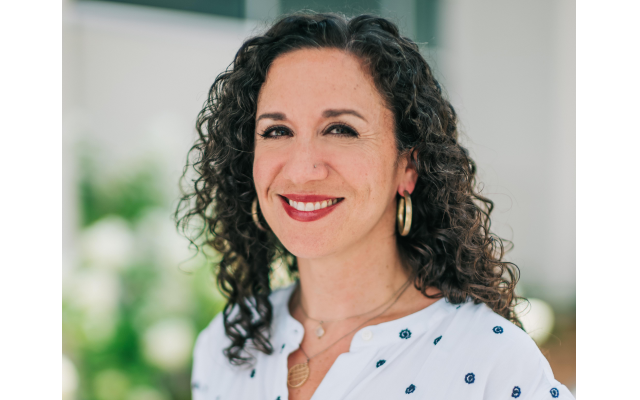Addiction’s Impact on Families Intensified by Pandemic
Meet Author David Sheff on Zoom — August 20
What’s deadlier than drugs and alcohol? Stigma and shame.
Drug and alcohol addiction is an issue that affects many families, but often remains unspoken. As the conversation around addiction has opened up in recent years, programs like HAMSA have emerged in the Jewish community. While these programs have certainly moved the needle on awareness around addiction, stigma and shame still have a firm grip on us.
Judgment and a lack of understanding/education fuel stigma, stigma breeds shame, and shame leads to silence. It impacts both the individuals afflicted by this disease and those who love them. Drug overdoses and alcohol-related deaths – which have tragically impacted many Jewish families – are now the leading cause of preventable injury and death, eclipsing auto accidents and gun violence. Many of these deaths are avoidable when we begin to understand addiction as a treatable disease, instead of a moral failing.
The isolation of COVID has impacted people struggling with addiction and their families.
Right now, we are all experiencing the pain and isolation inflicted by COVID. These feelings are especially dangerous for people with substance use disorder (SUD); they may be quarantined and unable to make the vital human connections that help maintain recovery, which may lead to relapse and increased use.
Addiction is often called a “family disease;” being confined at home with loved ones who are in active addiction may create even greater stress within the family system.
The numbers don’t lie – and they don’t exclude the Jewish population.
In March-May 2020, the Georgia Department of Public Health reported an average weekly 3% increase (over the same months in 2019) in the number of drug and/or alcohol-related ED visits, and a terrifying climb in opioid-related ED visits and overdose deaths. HAMSA’s call volume reflects these trends, increasing by 70% in May (compared to the same months in 2019). We are seeing a particular increase in calls from families who are not only seeking support and treatment for their loved ones, but for themselves. Coping with a family member’s addiction is never easy, but it’s harder to access the support systems during COVID.
Shame around addiction is oppressive for families, too – parents need to know they’re not alone.
Very often, HAMSA receives calls from parents who ask to remain anonymous.
They are incredibly fearful that someone will find out their child is addicted to drugs or alcohol and that their family will be judged. We help these families connect with support networks where other parents share their stories openly; building safe spaces where we find belonging and hope is vital for both the people who experience addiction and their families.
David Sheff is a parent who understands the value of those connections. His book, the NYT Best Seller Beautiful Boy (which later became a film) powerfully describes how he walked the path of addiction – that ultimately led to recovery – with his son, Nic, for many years. David experienced the same shame and stigma that so many other parents feel; but he ultimately found hope and healing when he shared his story and found thousands of families just like his own.
HAMSA welcomes David Sheff on August 20 at 7p for an intimate conversation about addiction in America, and its impact on families – with the wisdom and insight that can only come from the parent of a child with addiction. This program is free and open to the public; we welcome people with substance use disorders, their families, all recovery allies and supporters. Tickets are also available to join a private Q&A with David following the program. To register, visit: jfcsatl.org/davidsheff
How does HAMSA Help?
Our Information and Referral Service can help you identify the right treatment options for drug and alcohol addiction. Our JF&CS clinical team provides individual and family counseling, offers groups for spouses and loved ones of a person with SUD, and a new parent group will begin in the fall. We provide free Narcan (opioid overdose antidote) training and supply to the community, as well as outreach and education. If you or someone you love is struggling with addiction and needs help finding resources or support, call us at 1-833-HAMSAHELPS or visit hamsahelps.org
By Leslie Lubell, HAMSA Program Manager, A program of JF&CS




comments